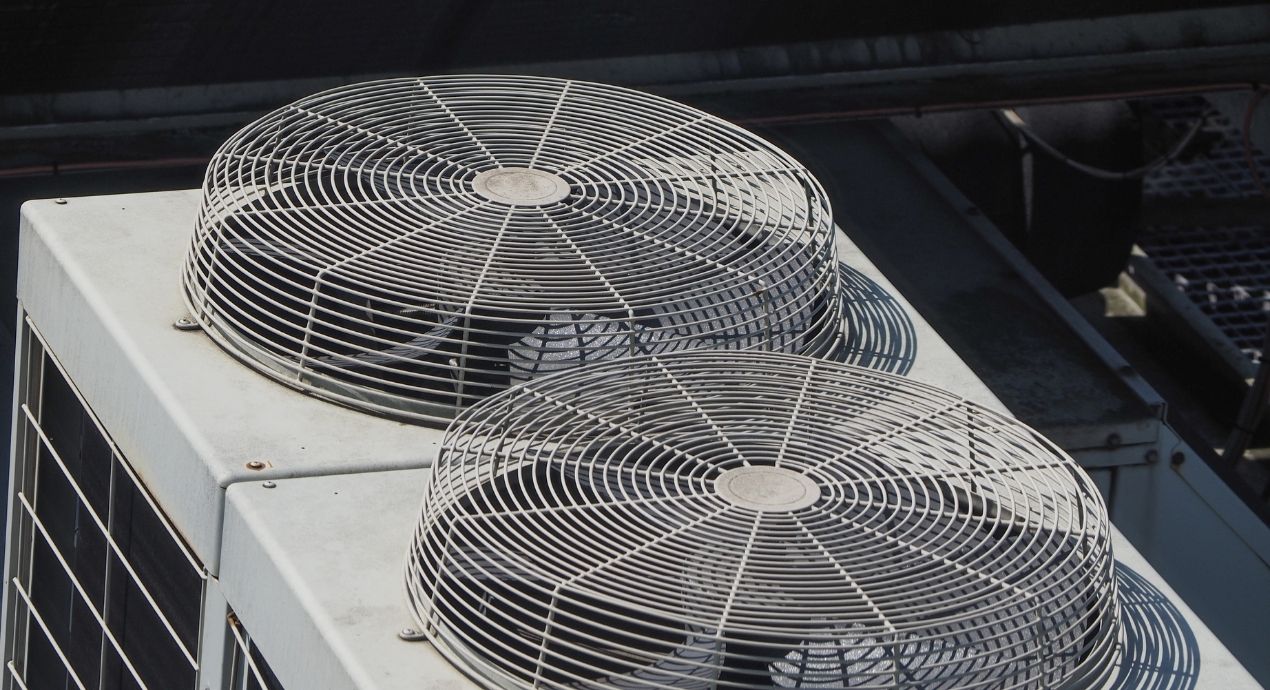
Contemplating coverage?
Subscribe to receive our emails & get
$200 off!
Have questions?
Call us: (833) 544-8273


Written By Clint Bird
The heating, ventilation, and air conditioning system, more commonly known as HVAC, is one of the most critical systems in a home. Regulating temperature and air quality does more than just make a home comfortable to live in; it also protects other home systems and appliances from premature disrepair caused by humidity, dust, mold, and temperature changes.
If you’re on the market for a new home or looking to replace your existing HVAC system, you should know about the different types of HVAC systems available. There are four main types:
Below is some information about the different features of each type.
This is one of the most common HVAC systems in residential homes. As the name suggests, a split system has two separate units for heating and cooling. The cooling component is installed outside the home. These air conditioning units use a refrigerant to cool the air before channeling it into the home. They also feature fans to transfer warmer air from inside the home to the outside.
A standard split system’s second unit, which is used to heat the home, is typically located in the basement. The heating unit is usually powered by fossil fuel and controlled via thermostat. The generated heat is dispersed throughout the home’s ductwork by fan.
Occasionally, a home may be outfitted with two heating units. This is called a hybrid split system. In addition to the standard heating unit, there may be an electric heating apparatus. The benefit here is greater control over energy usage as temperatures change throughout the year.
This is another one of the more common types of HVAC systems for residential homes. In this case, there is no ductwork or centralized heating and cooling units. Instead, there are individual heating and home cooling systems dispersed throughout the house.
Ductless systems can be great for new additions to a home. They are also useful for split residences with multiple tenants, since residents can control the temperatures of their living spaces independently of one another. They can, however, require more upkeep because there are multiple units to maintain.
This is one of the kinds of HVAC systems that is growing in popularity. Geothermal systems are expensive to install, but save homeowners money over time because of how energy-efficient they are. They work by using a network of pipes to transfer heat energy from deep in the Earth into the home. To cool a home, this process is reversed. A heat pump pulls warm air from inside the home and channels it underground, where it is cooled by the Earth and refrigerant circulating in the pipes.
Packaged HVAC systems are less common, especially in places that experience colder temperatures. Here, the heating and cooling systems and bundled into one unit, which is often installed in the attic. While less efficient than other options, a packaged unit can be great for a small space.
All HVAC systems require some upkeep, such as changing HVAC filter components or checking fuel and refrigerant levels. Regardless of the HVAC system you have, a home warranty for HVAC systems is an inexpensive way to ensure their continued functionality.
Liberty Home Guard has a wealth of options for home heating system warranty coverage and home air conditioner warranty coverage. Use our website for a free quote today or reach us by phone at (866) 699-4589.
The standard split system is the most common type of HVAC system in residential homes. It features separate indoor and outdoor units connected by ductwork, making it cost-effective and suitable for whole-home climate control.
Geothermal HVAC systems are the most energy-efficient option available. While they have higher upfront installation costs, they provide significant long-term energy savings and are environmentally friendly.
No, ductless or mini-split systems do not require existing ductwork. These systems are ideal for home additions, older homes without ducts, or situations where you want individual room temperature control.
Installation costs vary significantly by system type. Standard split systems are typically the most affordable to install, while geothermal systems have the highest upfront costs but offer long-term savings. Ductless systems fall in the middle range.
Stay Ahead of Potential
Home Mishaps!
Subscribe to our Liberty Home Guard Newsletter and gain access to exclusive content that ensures your peace of mind.